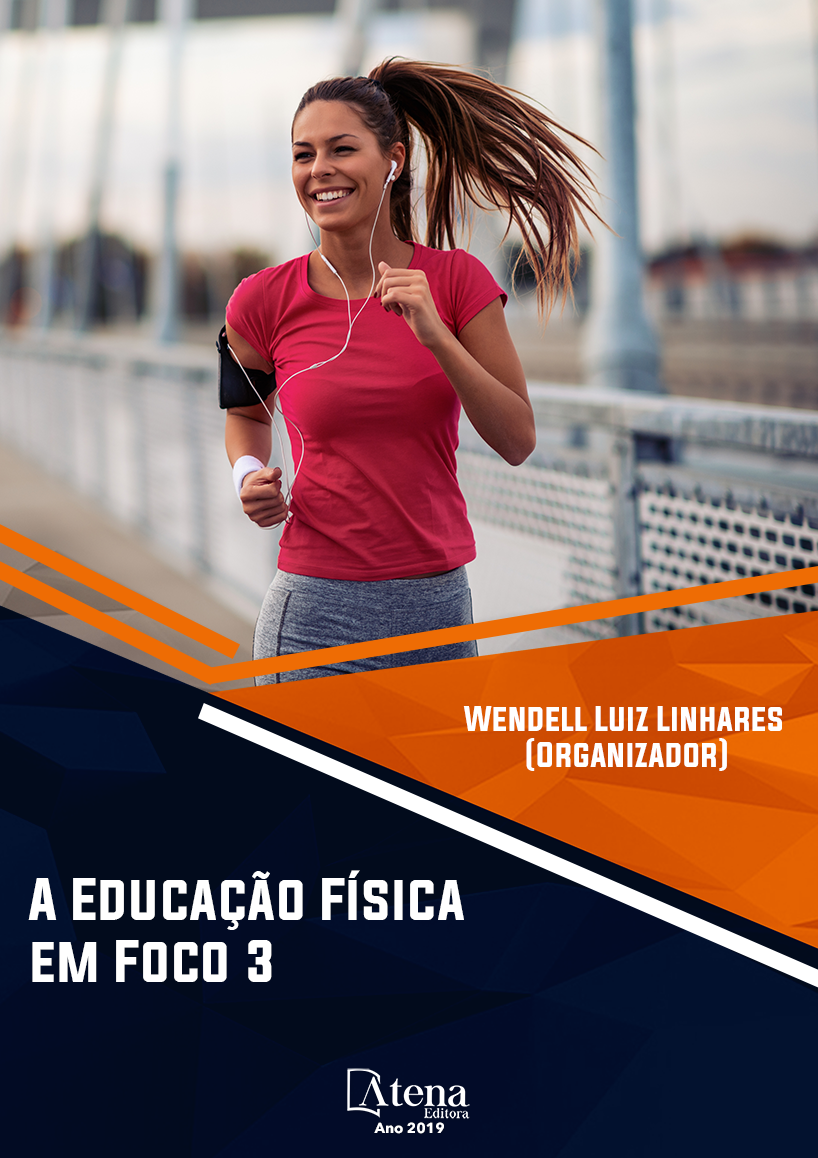
ESPORTE DE ALTO RENDIMENTO NO MUNICÍPIO DE CURITIBA: POLÍTICAS PÚBLICAS, SUBSÍDIOS E GESTÃO.
o presente estudo analisou a política
pública de incentivo ao esporte do município de
Curitiba, tendo como enfoque as modalidades
olímpicas individuais. É uma política pública que
passou a vigorar no ano de 2002 antecedendo
políticas públicas como o Talento Olímpico
Paranaense (2011) e Bolsa Atleta (2005).
A presente Lei também permitiu o benefício
fiscal às Instituições sem fins lucrativos que
tivessem isenção do pagamento do Imposto
Predial e Territorial Urbano (IPTU) desde que
direcionassem, por meio de doação, o valor para
o incentivo ao esporte. Foi realizada pesquisa
bibliográfica e documental através dos Diários
Oficiais do Município de Curitiba extraindo-se
quantos atletas foram incentivados no período
de 2002 a 2015, quais os esportes e valores
repassados pela Lei aos projetos aprovados.
Como resultados verificou-se que ao longo
do período analisado 23 esportes olímpicos
individuais foram incentivados através de 3587
projetos aprovados, 1189 incentivadores e R$
7.366.851,80 repassados aqueles esportes
de um total de R$ 19.055.943,19 arrecadados
pela Lei, perfazendo 38,5%. Dos 23 esportes
olímpicos individuais 7 deles (judô, natação,
triatlo, atletismo, tênis, taekwondo e ciclismo)
receberam o equivalente a R$ 5.418.997,00
(73,56% do total). Que de uma classificação de
projetos que avalia o rendimento do pretenso
beneficiário em sua modalidade a partir de sua
posição no ranking de sua confederação e/ou
federação, mais de 80% do recurso foi destinado
à atletas que possuíam algum destaque no
cenário nacional ou maior.
ESPORTE DE ALTO RENDIMENTO NO MUNICÍPIO DE CURITIBA: POLÍTICAS PÚBLICAS, SUBSÍDIOS E GESTÃO.
-
DOI: 10.22533/at.ed.5111905077
-
Palavras-chave: esporte, Curitiba, rendimento, política publica.
-
Keywords: sport, Curitiba, performance, public politics.
-
Abstract:
the present study analyzed the
public policy of incentive to the sport of the city
of Curitiba, focusing on the individual Olympic
modalities. It is a public policy that came into
force in the year 2002 preceding public policies
such as the Talento Olímpico Paranaense
(2011) and Bolsa Atleta (2005). This Law also
allowed the tax benefit to non-profit institutions
that were exempt from the payment of the
Urban Land and Territorial Tax (IPTU) as long
as they directed, through donation, the value for
the incentive to the sport. Bibliographical and
documentary research was conducted through
the Official Diaries of the Municipality of Curitiba,
extracting how many athletes were encouraged
in the period from 2002 to 2015, which sports
and values passed by the Law to approved projects. As a result, it was verified that
during the analyzed period 23 individual Olympic sports were encouraged through
3587 approved projects, 1189 incentive players and R $ 7,366,851.80 passed through
those sports of a total of R $ 19,055,943.19 collected by Law , accounting for 38.5%. Of
the 23 individual Olympic sports 7 of them (judo, swimming, triathlon, athletics, tennis,
taekwondo and cycling) received the equivalent of R $ 5,418,997.00 (73.56% of the
total). That of a classification of projects that evaluates the income of the presumed
beneficiary in its modality from its position in the ranking of its confederation and / or
federation, more than 80% of the resource was destined to the athletes that had some
prominence in the national scenario or bigger .
-
Número de páginas: 15
- FERNANDO RENATO CAVICHIOLLI
- RAFAEL GOMES SENTONE


